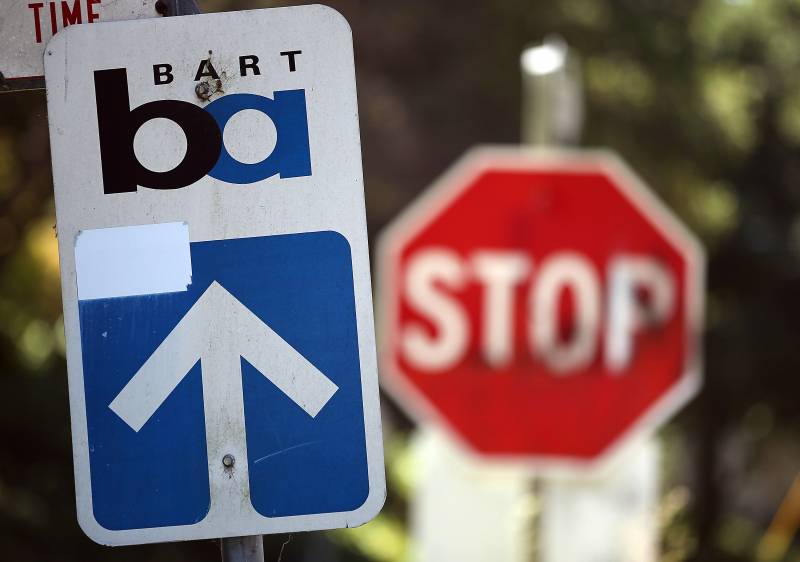Steven Foster was detained and cited by BART police for eating a sandwich on a train platform. This isn’t the first time BART has been the backdrop of significant social and political conversations in the Bay Area. From Oscar Grant to controversial fare gates, the transit agency is just a microcosm of a larger place: America.
Guest: Pendarvis Harshaw, Host of KQED’s Rightnowish Podcast and columnist for KQED Arts
Subscribe to The Bay to hear more local Bay Area stories like this one. New episodes are released Monday, Wednesday and Friday at 3 a.m. Find The Bay on Apple Podcasts, Spotify, Stitcher, NPR One or via Alexa.

